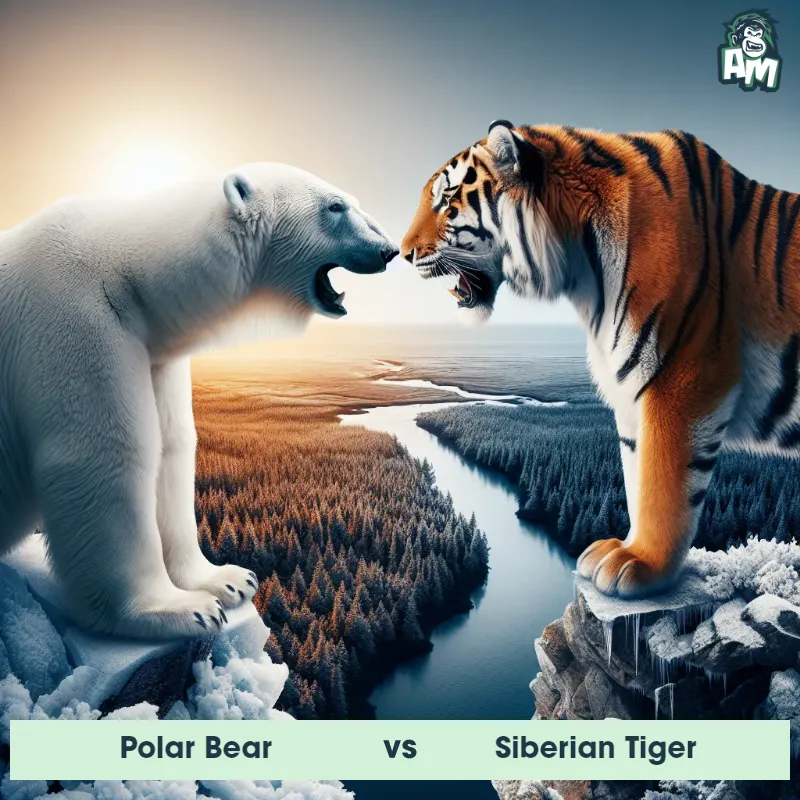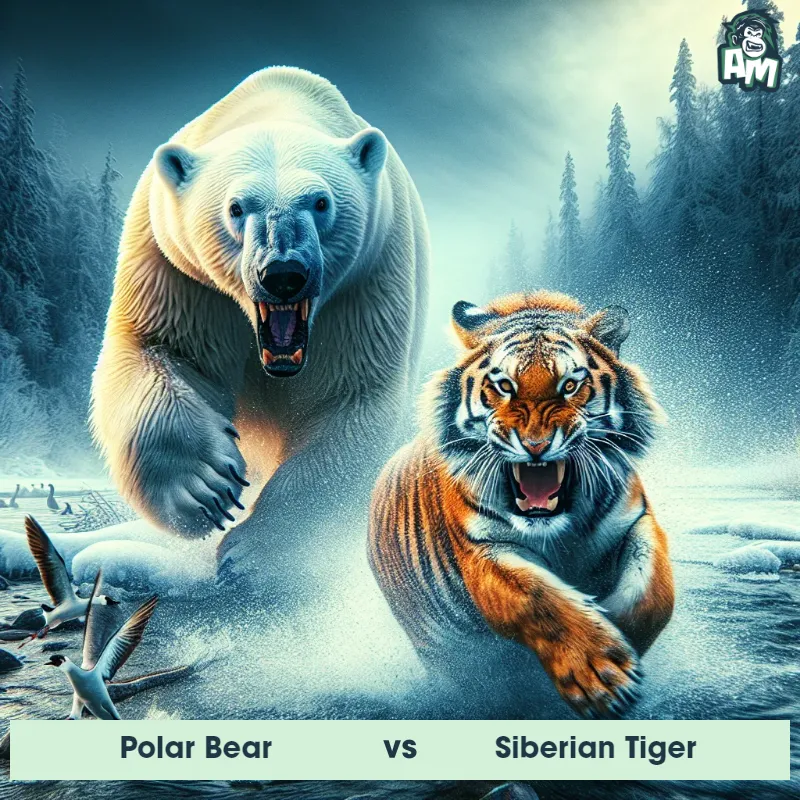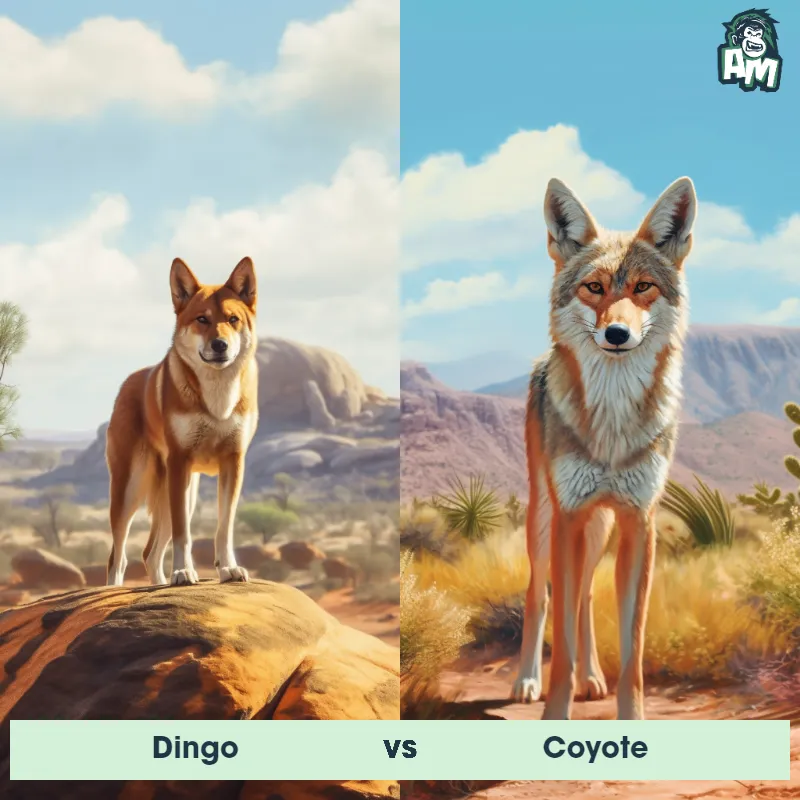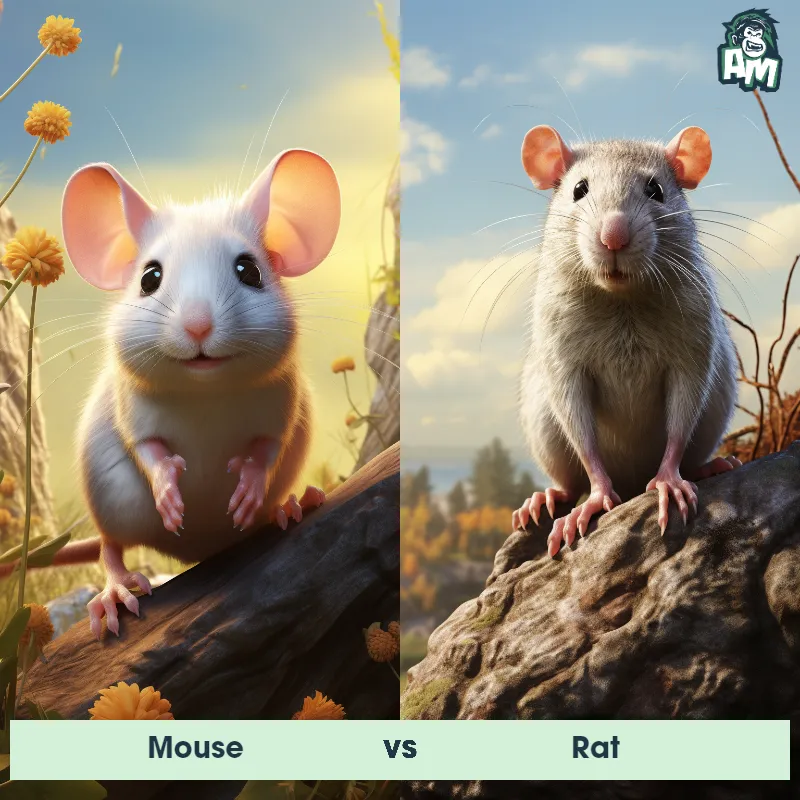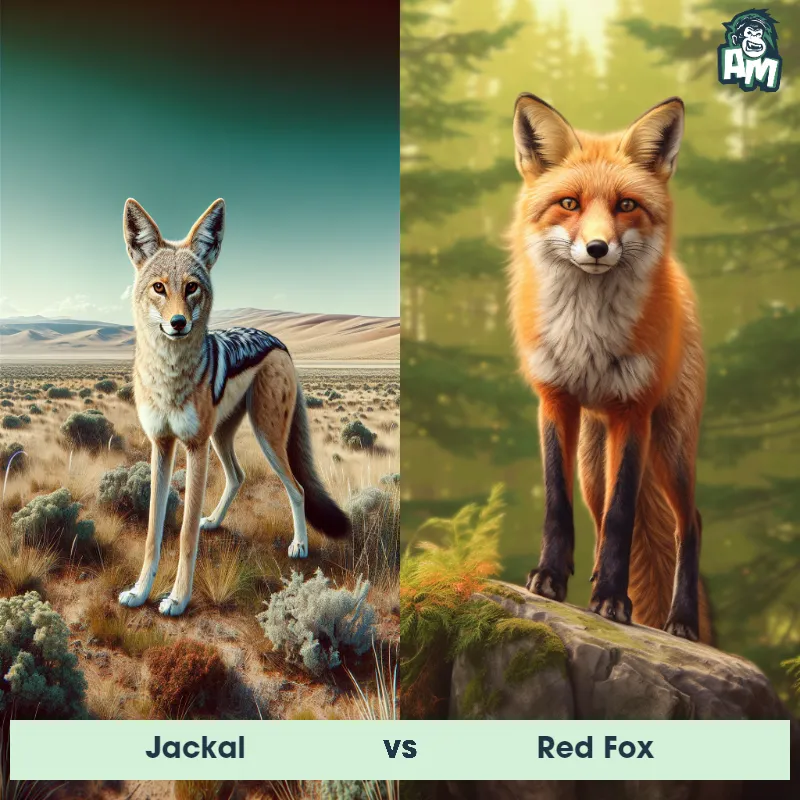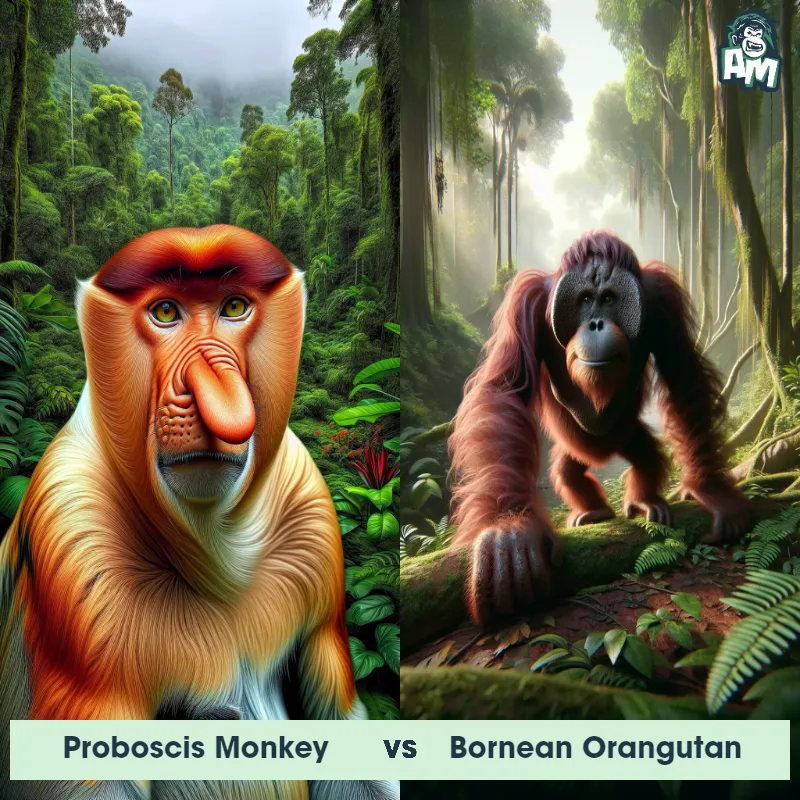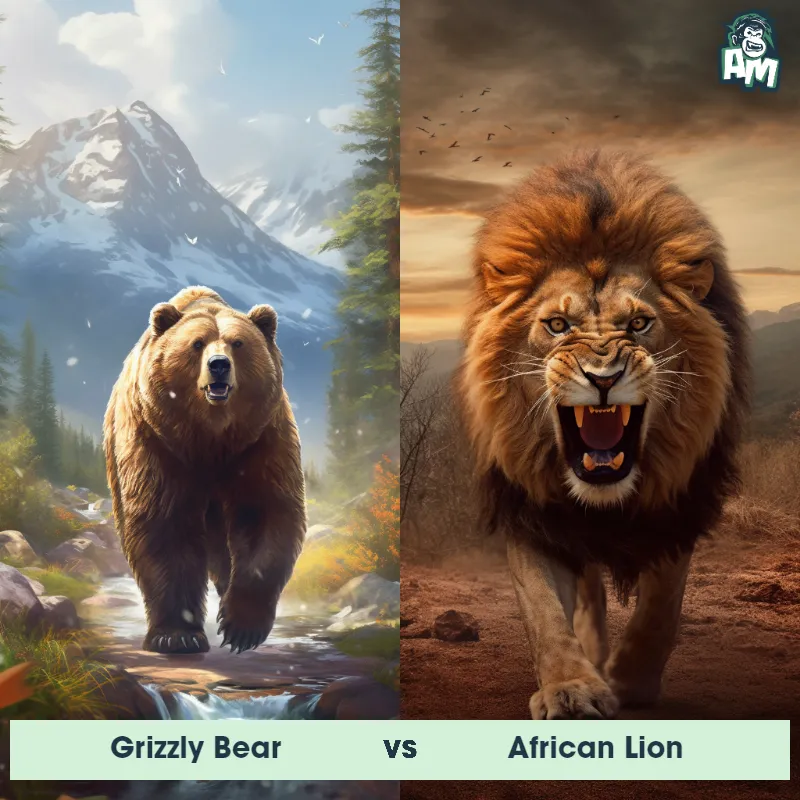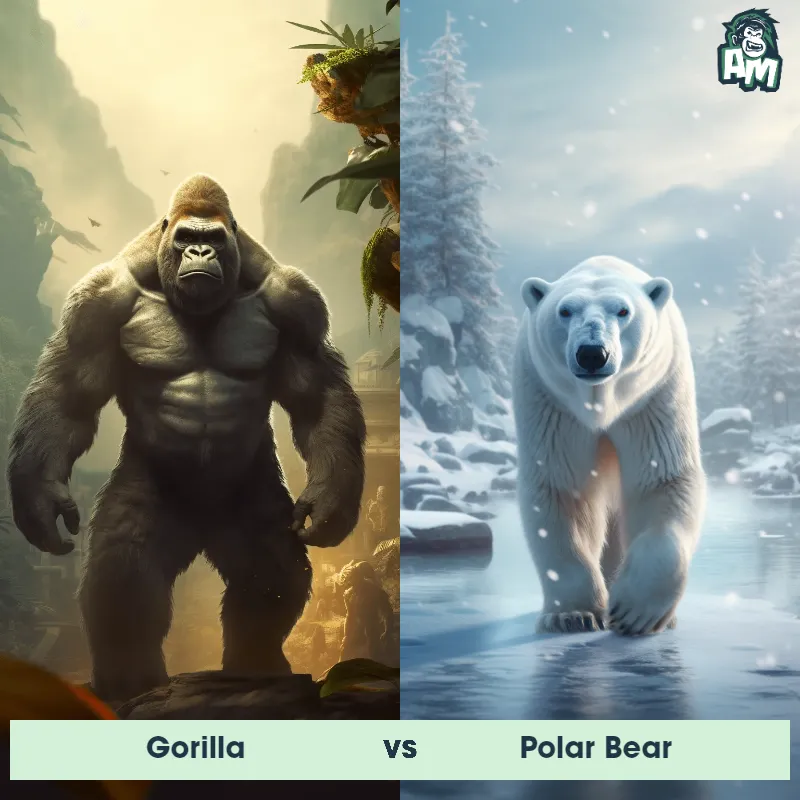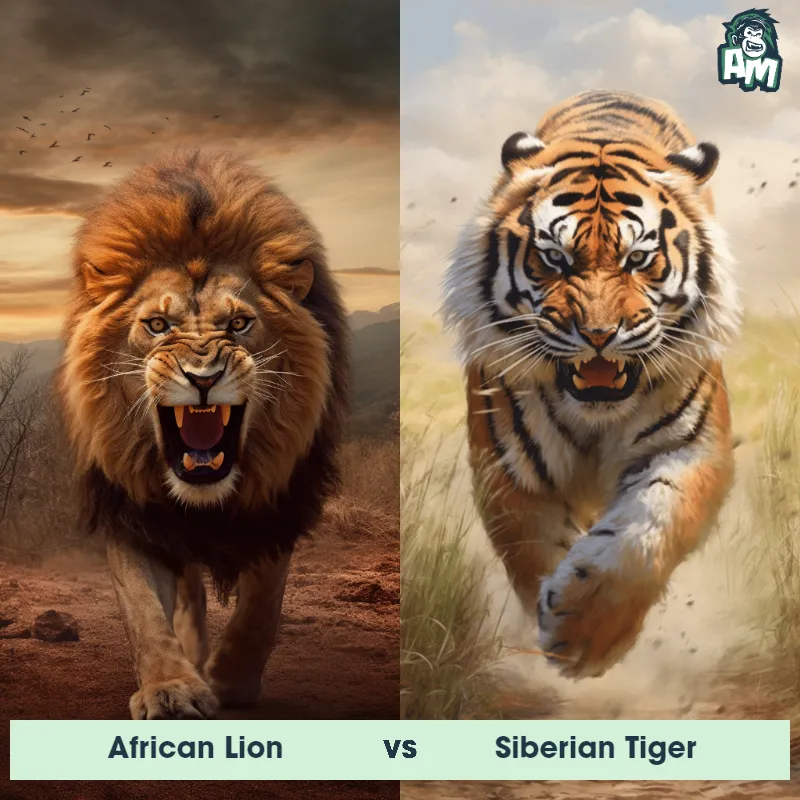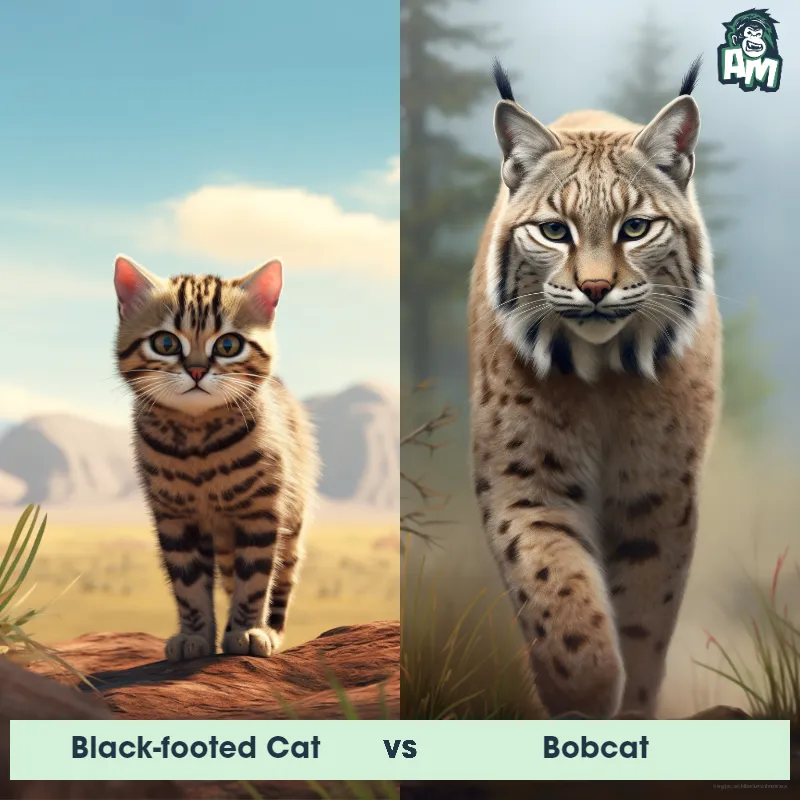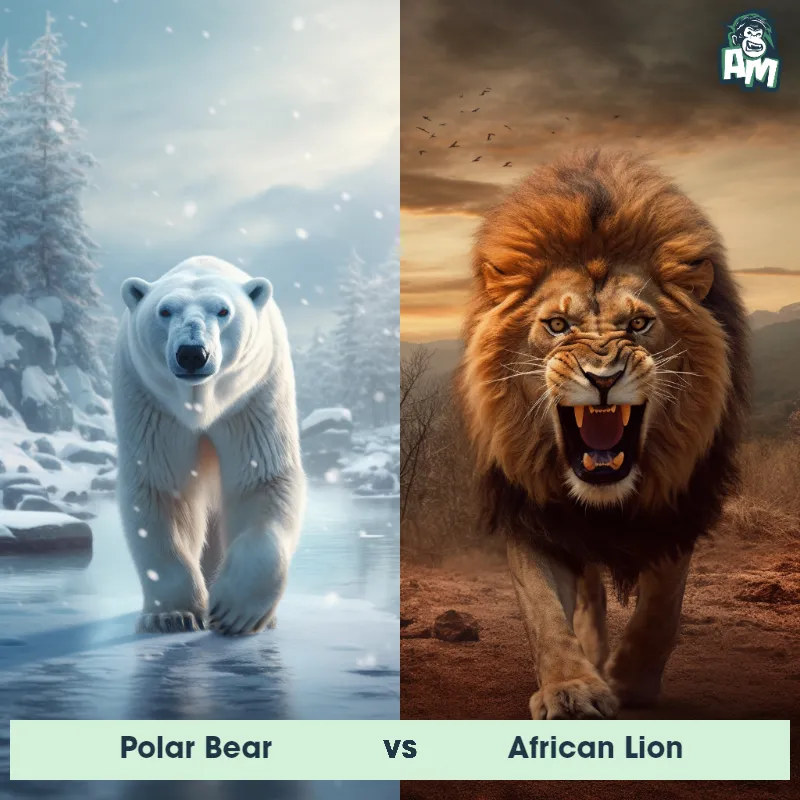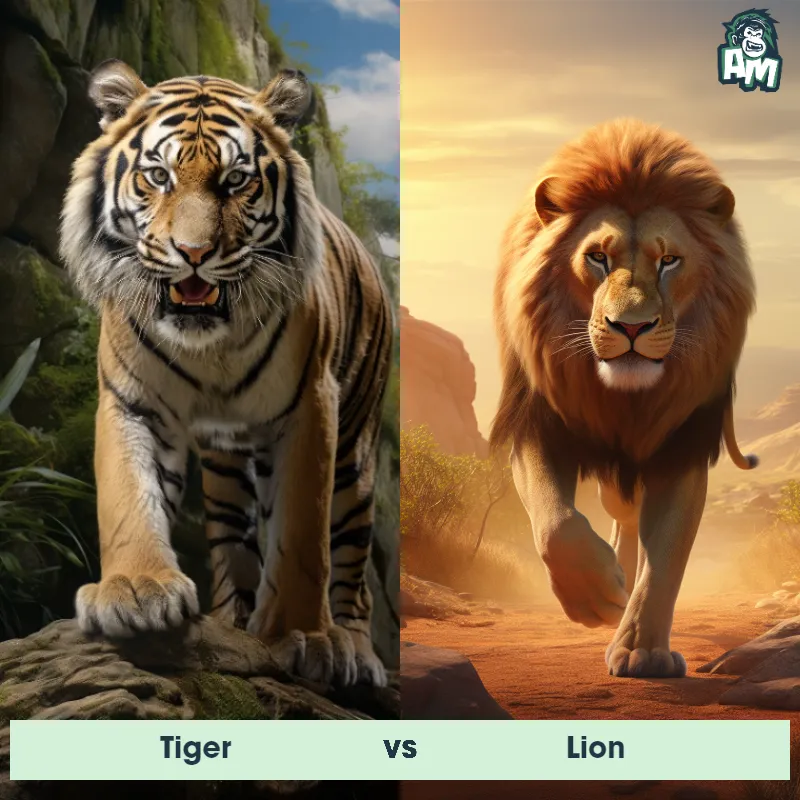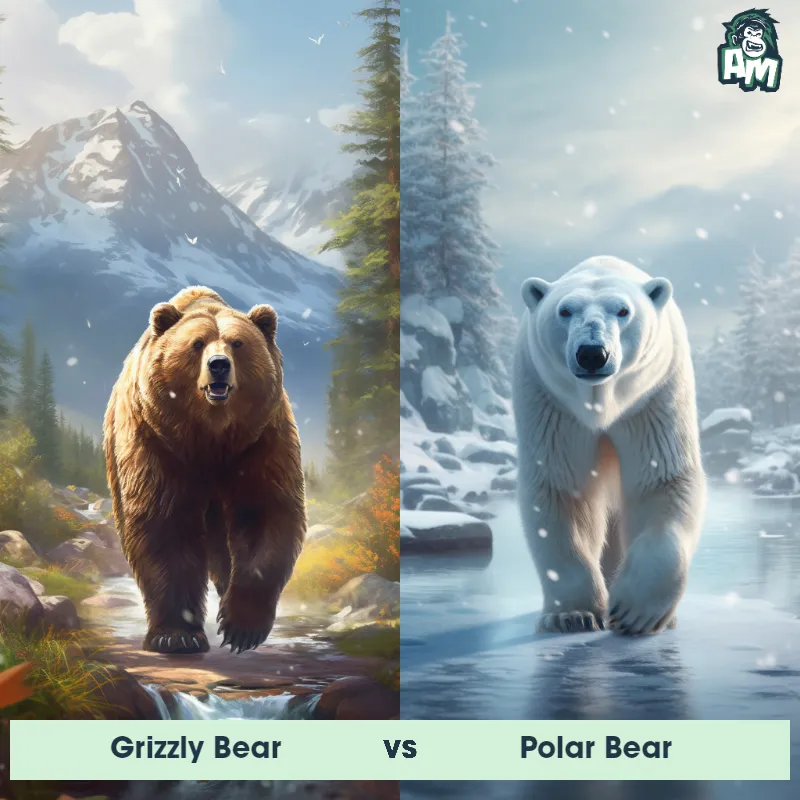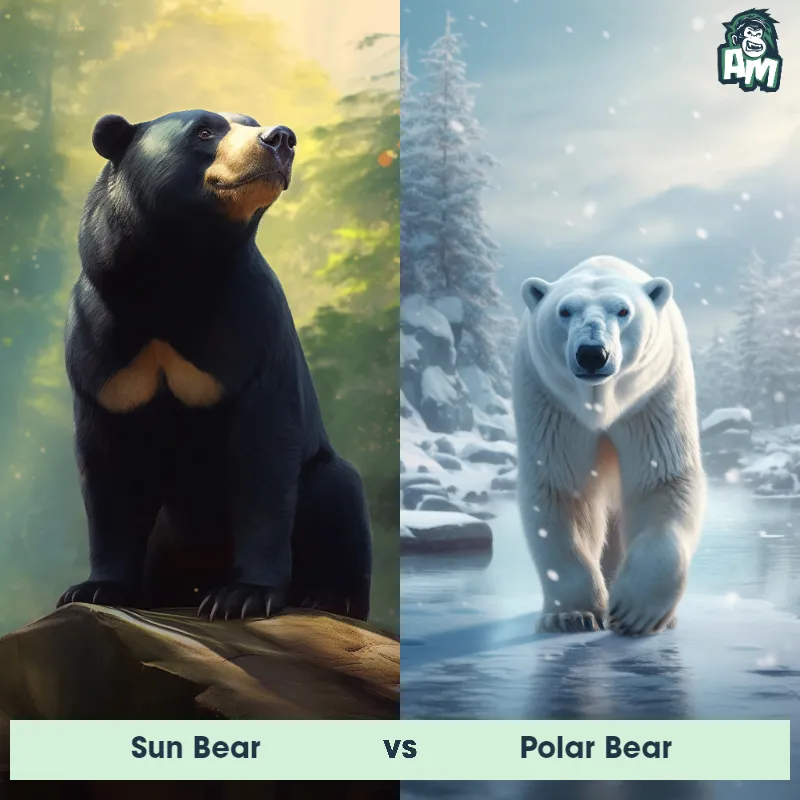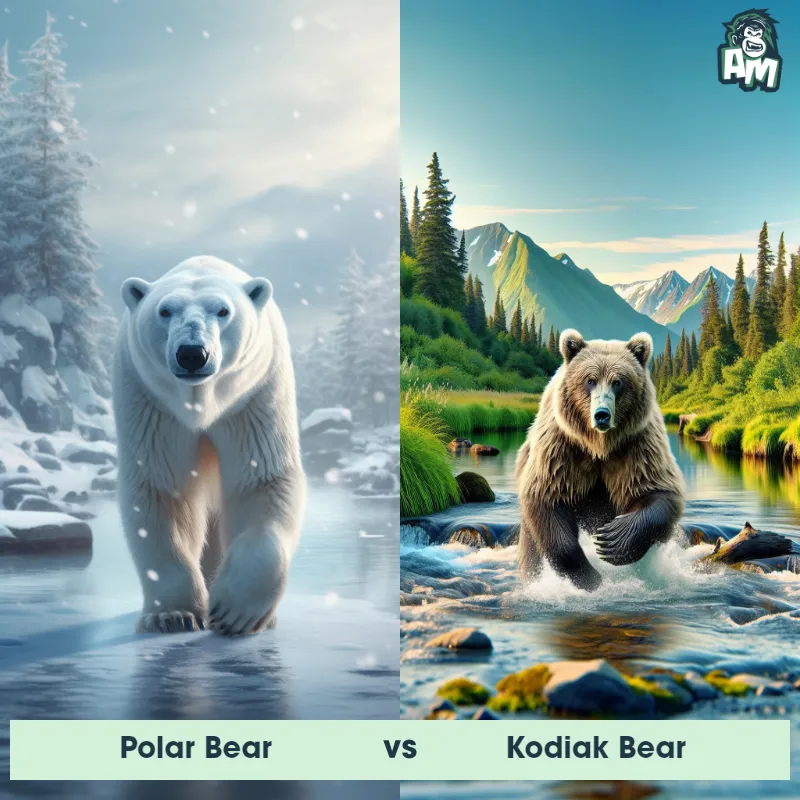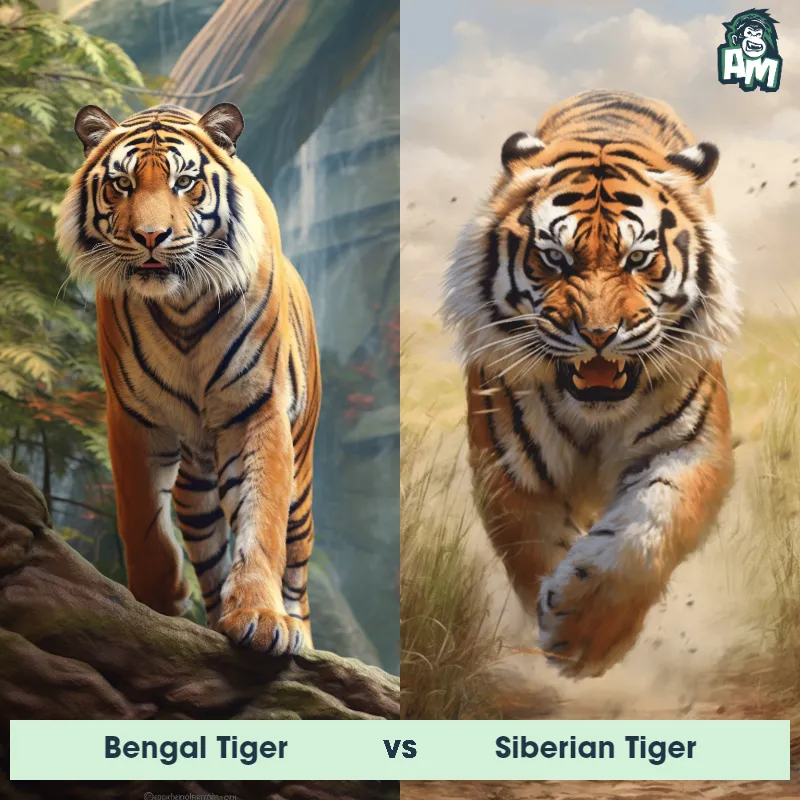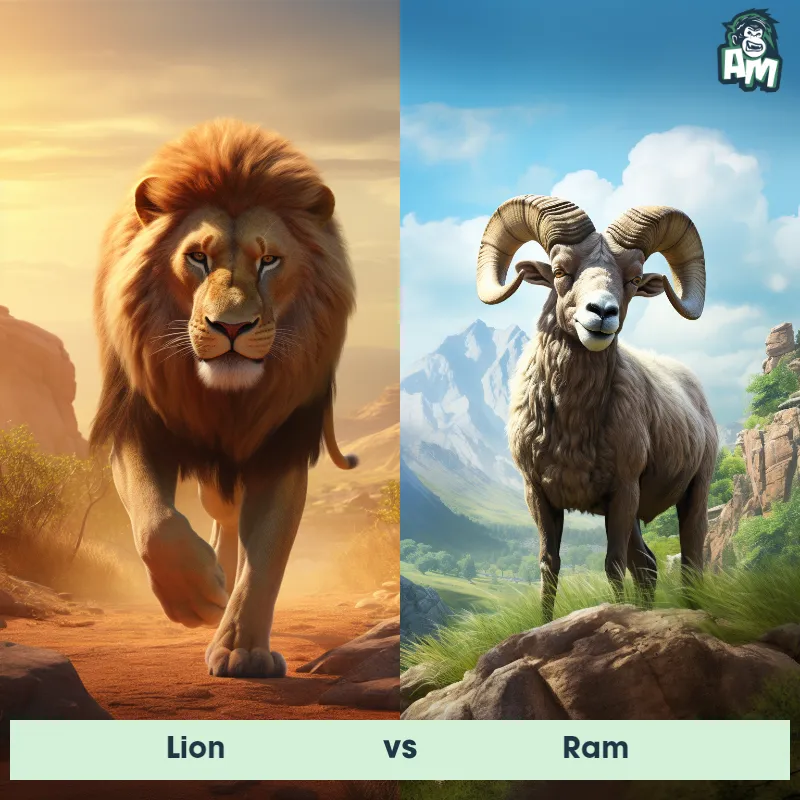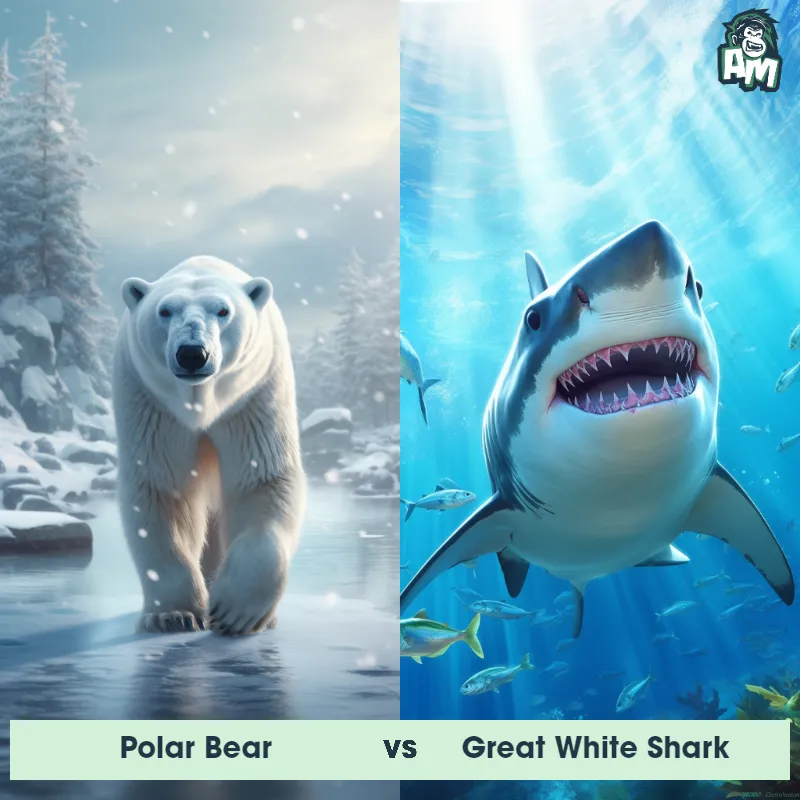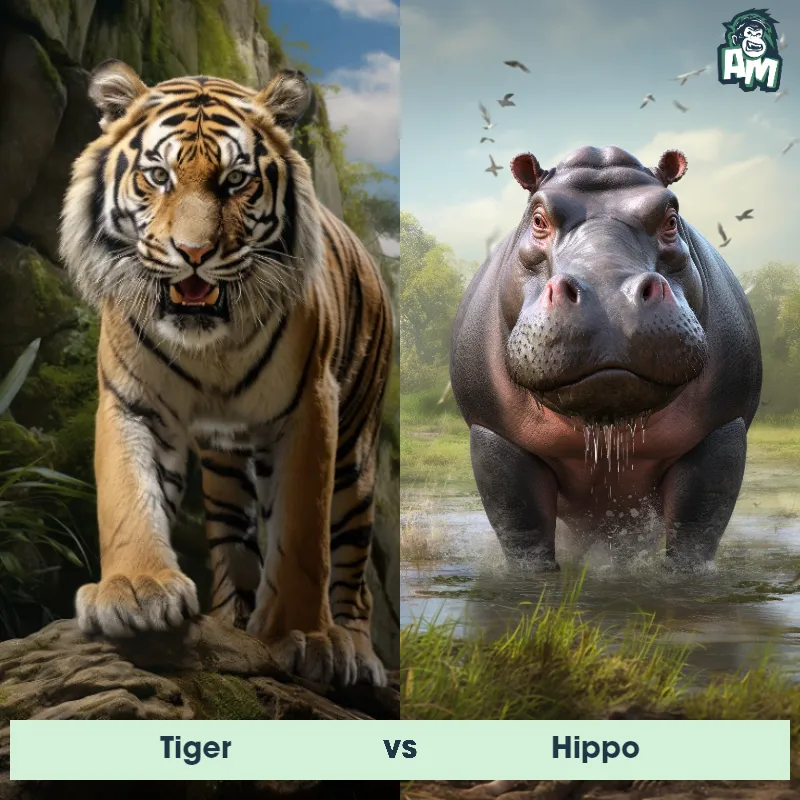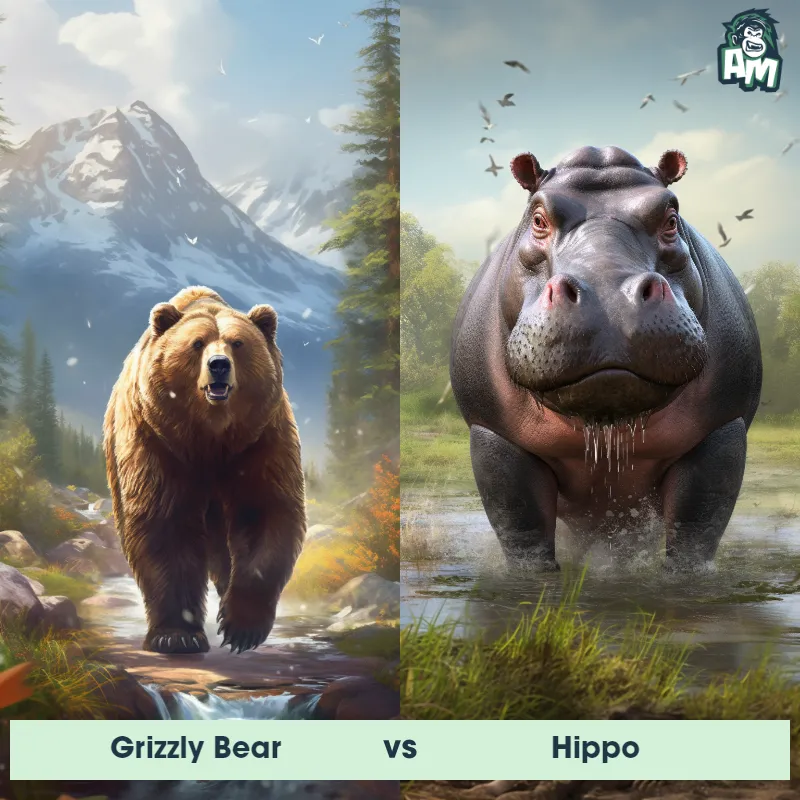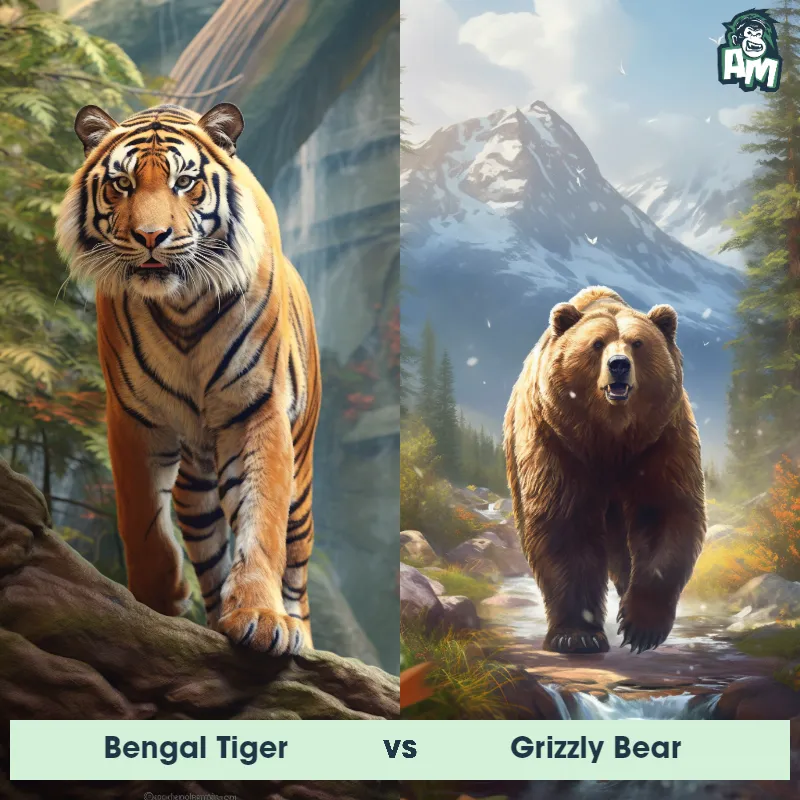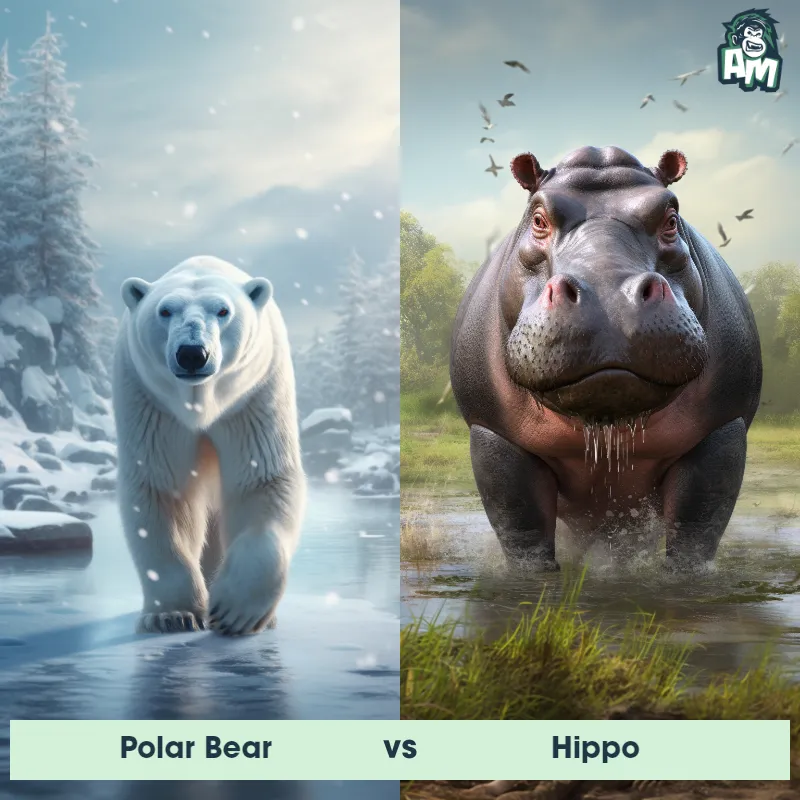Polar Bear vs Siberian TigerSee Who Wins

Ladies and gentlemen, brace yourselves for an epic showdown between two of the most powerful and majestic predators on the planet: the Polar Bear and the Siberian Tiger. Over the course of three action-packed rounds, these awe-inspiring creatures will demonstrate their incredible strength, agility, and ferocity as they fight for supremacy. Without further ado, let the battle commence!
Contender 1: Polar Bear
The Polar Bear, also known as the Ursus maritimus, is a large carnivorous mammal that inhabits the Arctic region. They have a thick white fur coat that helps them blend in with their snowy surroundings, and their large paws are equipped with sharp claws that allow them to grip onto ice and catch prey. Polar Bears are excellent swimmers and can swim for long distances in search of food. They are also known for their incredible sense of smell, which they use to detect prey from miles away.
![[object Object] Gif](https://tenor.com/view/fight-mission-critical-nat-geo-wild-scuffle-brawl-gif-20524033.gif)
Fun Fact: Polar Bears have a layer of fat that can be up to 4.5 inches thick, which helps them stay warm in the frigid Arctic temperatures.
Contender 2: Siberian Tiger
The Siberian Tiger, also known as the Amur Tiger, is the largest subspecies of tiger and can weigh up to 660 pounds. They have a distinctive orange coat with black stripes and a white belly. Their powerful legs and sharp claws make them excellent hunters, and they are known to prey on deer, wild boar, and even bears. Unfortunately, due to habitat loss and poaching, the Siberian Tiger is critically endangered with only around 500 individuals left in the wild.
Fun Fact: Despite their size and strength, Siberian Tigers are excellent swimmers and are known to swim across rivers and lakes in search of prey.
Matchup Stats
| Polar Bear | Siberian Tiger | |
|---|---|---|
| Size | 8-10 feet (2.4-3 meters) | Up to 10 feet (3 meters) in length; up to 3.5 feet (1.1 meters) in height at the shoulder |
| Weight | 900-1,600 pounds (408-725 kilograms) | Up to 660 pounds (300 kilograms) |
| Speed | Speed: 25 mph (40 km/hr) | Speed: 50 mph (80.47 km/hr) |
| Key Strength | Powerful jaws and sharp claws | Powerful legs and sharp claws |
| Biggest Weakness | Slow movement on land | Vulnerable to poaching and habitat loss |
Current Votes
Polar Bear vs Siberian Tiger
See Who Wins
Match Highlights
View More Matches
Looking For More?
Similar Matches
Scientific Stats
| Polar Bear | Siberian Tiger | |
|---|---|---|
| Scientific Name | Ursus maritimus | Panthera tigris altaica |
| Family | Ursidae | Felidae |
| Habitat | Arctic region | Forests and grasslands |
| Geography | Arctic Circle | Russia, China, and North Korea |
| Diet | Carnivorous, primarily seals | Deer, wild boar, bears, and other large prey |
| Lifespan | 20 years - 30 years | 10 years - 15 years |
Key Differences between Polar Bear and Siberian Tiger
- Habitat: Polar bears live in the Arctic, while Siberian tigers live in the forests of Siberia.
- Social behavior: Polar bears are solitary animals, while Siberian tigers are social and live in family groups.
- Fur color: Polar bears have white fur, while Siberian tigers have orange fur with black stripes.
- Diet: Polar bears primarily eat seals, while Siberian tigers primarily eat deer and wild boar.
- Size: Polar bears are larger than Siberian tigers, with males weighing up to 1500 pounds and standing up to 10 feet tall, while Siberian tigers weigh up to 700 pounds and stand up to 4 feet tall at the shoulder.
- Physical features: Polar bears have large, flat paws that help them walk on ice, while Siberian tigers have retractable claws for climbing and hunting.



